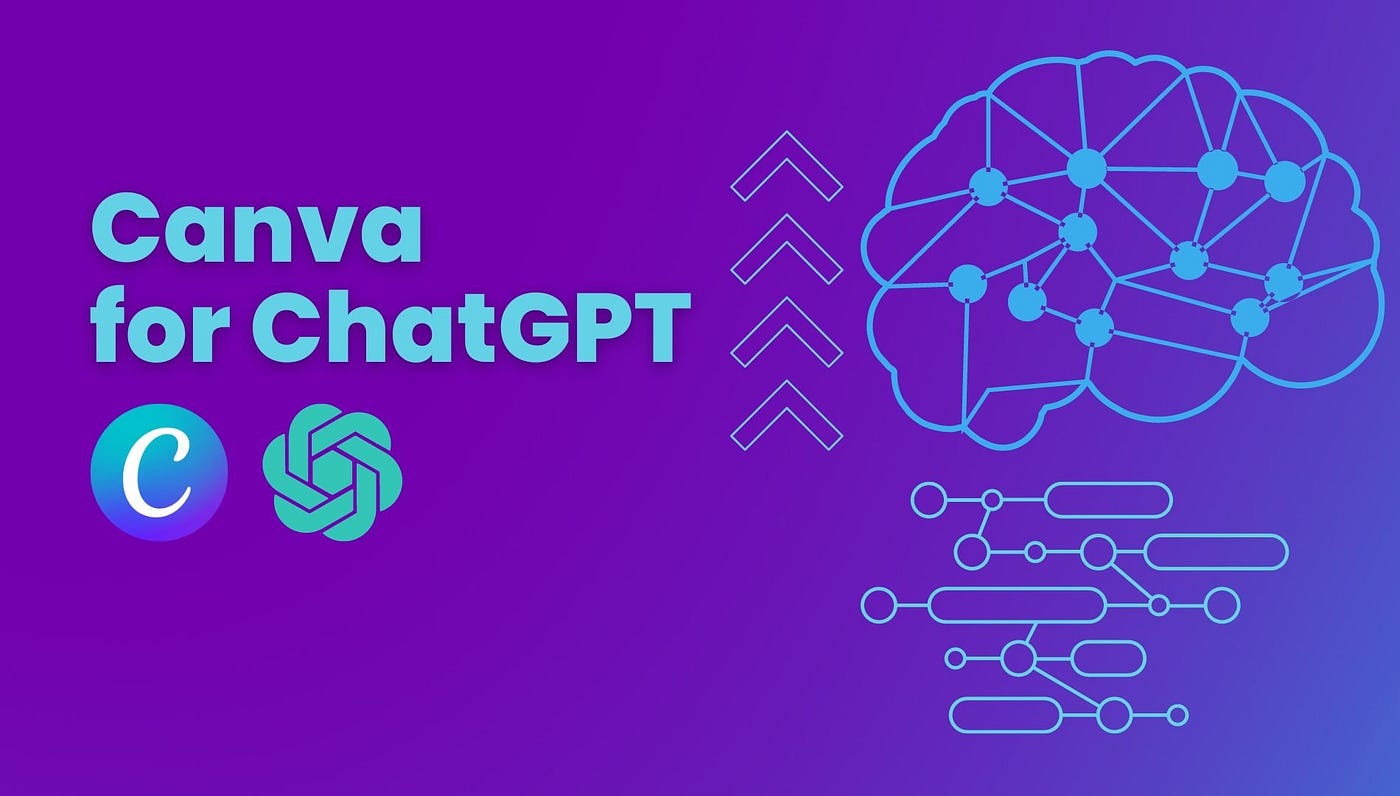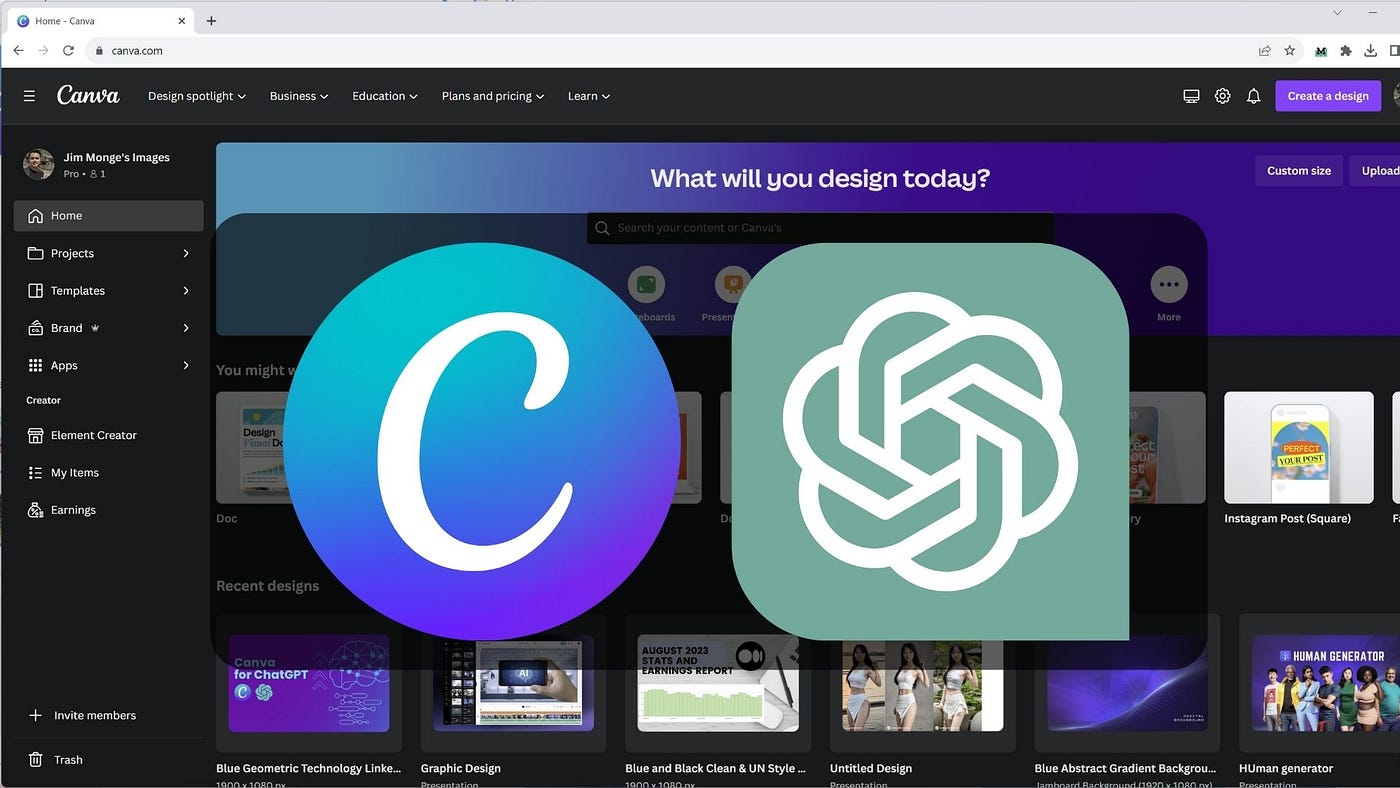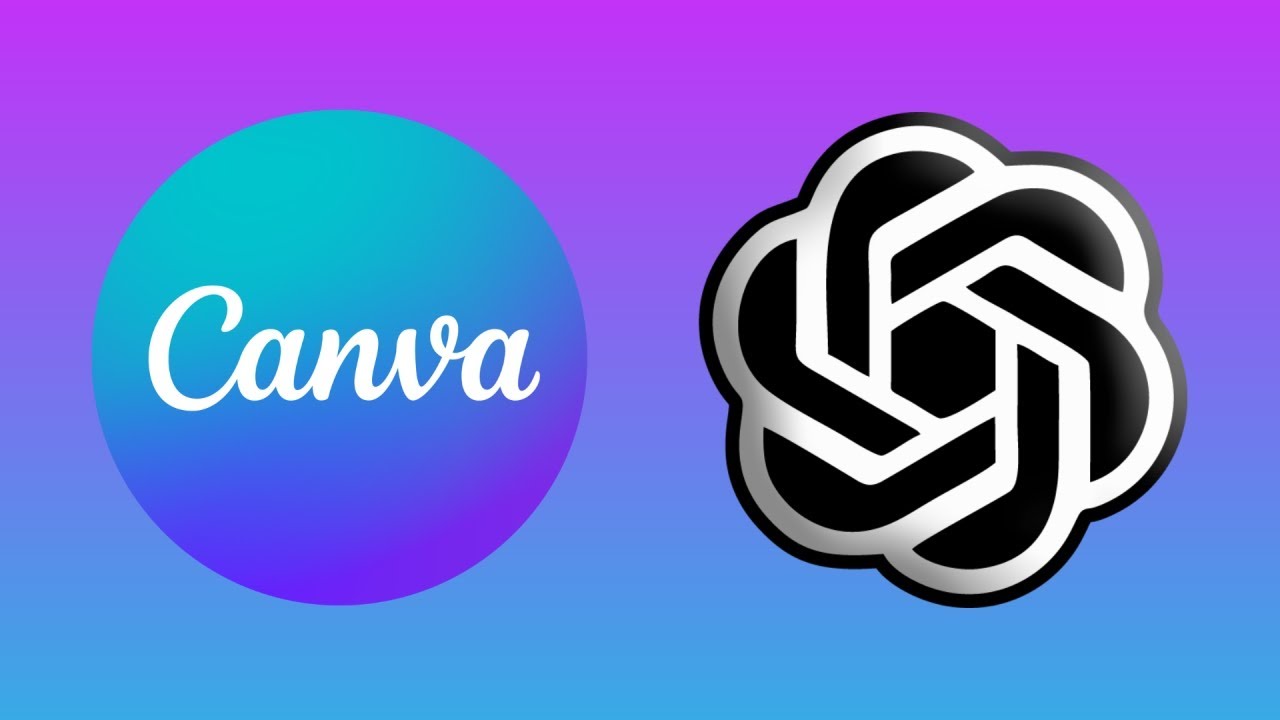Canva has unveiled two powerful new AI features that could transform the way users interact with its visual design platform. The latest update introduces a deep research connector for ChatGPT and an open server based on the Model Context Protocol or MCP. These additions are focused on backend integration, enabling smoother and more intelligent connections between Canva and AI chatbots like ChatGPT, Claude, and Gemini.

The most attention grabbing feature is the deep research connector. Canva now lets OpenAI’s ChatGPT connect directly to a user’s Canva account and access files, presentations, and project data. This means ChatGPT can respond to queries such as “What was our Q1 campaign strategy?” by analyzing the user's stored Canva files and providing a smart, contextual summary. The tool eliminates the need to constantly switch between platforms or manually upload files to the chatbot. It is available to all users with Deep Research mode activated and does not require any additional subscription or payment.
This integration not only boosts productivity but also brings new intelligence to creative workflows. Whether a user is preparing a marketing plan or compiling a pitch deck, ChatGPT can now read the design assets directly and return insights, summaries, or feedback instantly. It marks a significant shift in how AI can assist in content heavy creative platforms by making the process more seamless and contextual.
In parallel, Canva also introduced its own open MCP server. MCP is a protocol developed by Anthropic that standardizes how AI models interact with external data sources. Canva’s server now enables AI assistants to perform a wide range of design tasks like resizing projects, importing and exporting assets, or generating new content from a conversation. The platform is building support for major AI services including Salesforce, Claude, and Gemini. While these integrations are not live yet, the infrastructure is ready and expected to roll out soon.

With these updates, Canva becomes the first design platform to offer such tight, real time AI integrations. The focus is on creating an environment where users can think and work creatively while AI handles the technical or repetitive parts of execution. Imagine telling Gemini to create a product catalog or instructing ChatGPT to revise a presentation layout, all without leaving a chat window. That is the future Canva is beginning to build.
These tools represent a deeper shift in how AI is being positioned within everyday software platforms. Rather than just offering AI as a standalone tool, Canva is embedding it within its design ecosystem to make creativity faster, more intuitive, and more connected. The move also highlights the growing competition among platforms to make AI not just a feature but a core workflow assistant.
Follow Tech Moves on Instagram and Facebook for more updates on AI tools, creative platforms, and the future of smart design.














